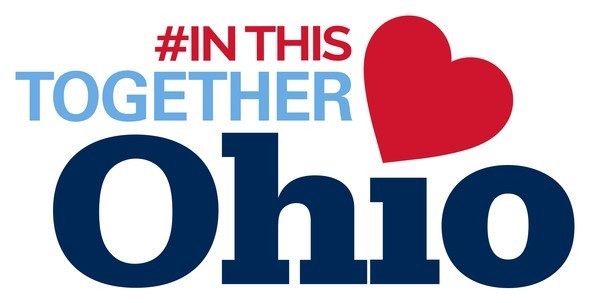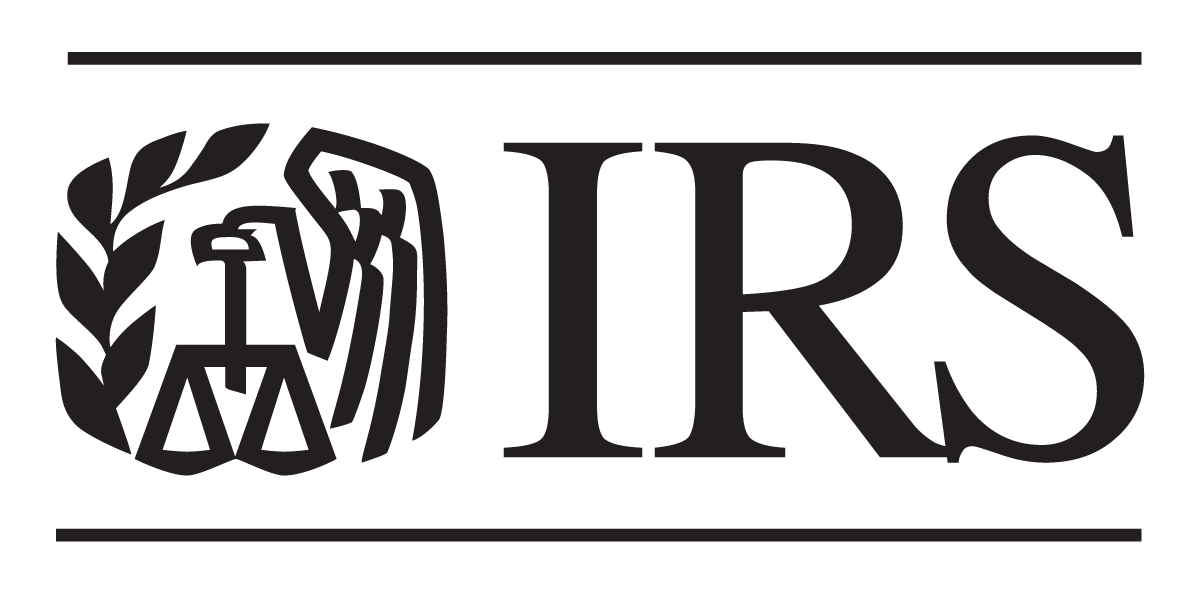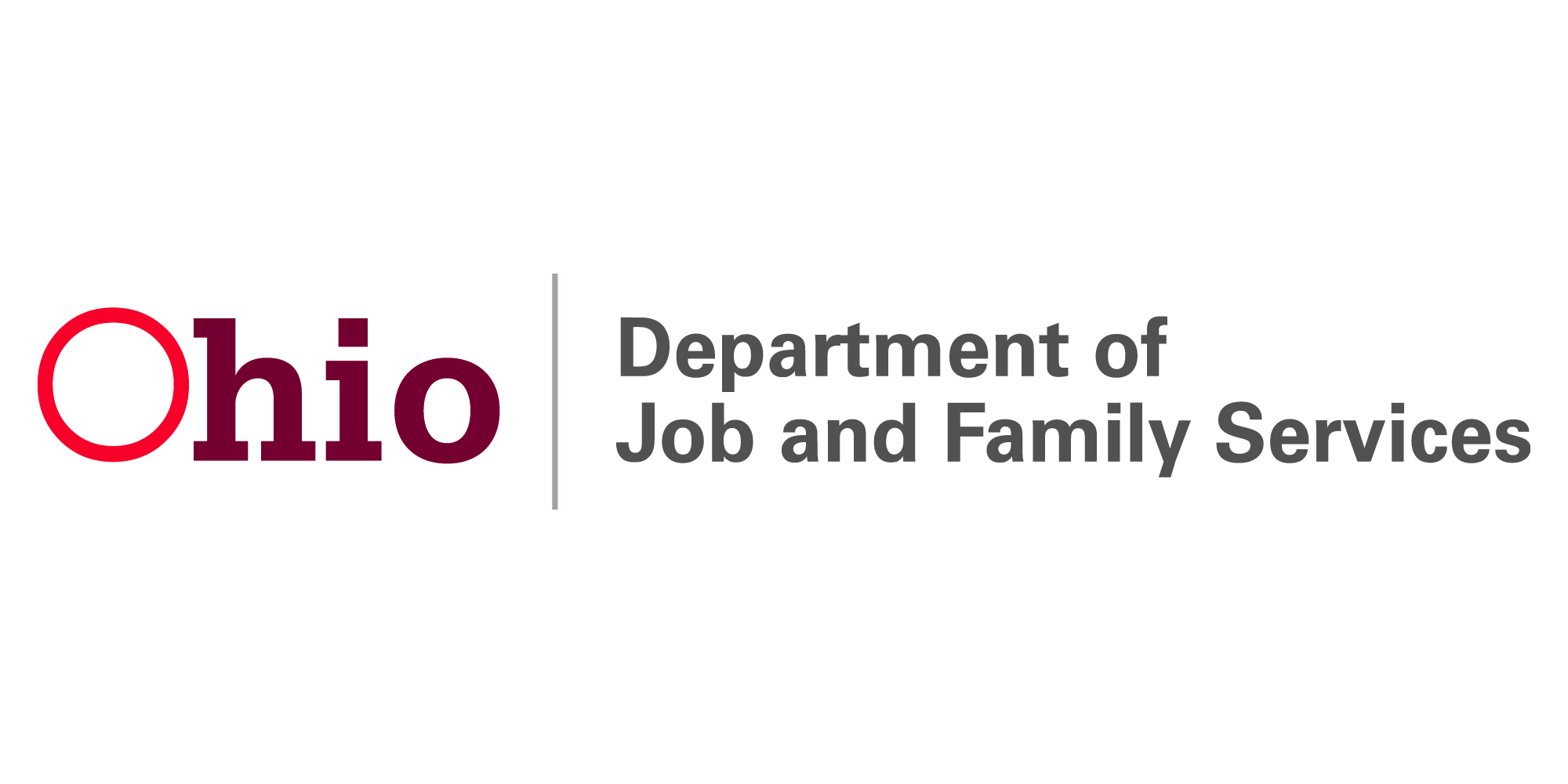Individuals and Organizations Encouraged to Give
On March 18, Philanthropic partners across Northeast Ohio today announced the creation of the Greater Cleveland COVID-19 Rapid Response Fund, which will soon distribute grants to nonprofit organizations serving on the front lines of the pandemic throughout Greater Cleveland.
Contributions to the Rapid Response Fund now total $3.95 million from 18 different organizations.
Funding partners urge other foundations, corporate entities, individuals, and other organizations to contribute to the fund via ClevelandFoundation.org/Response. Donations of any amount are welcomed, and all contributions are tax deductible.
Initial support for the fund was made possible by:










